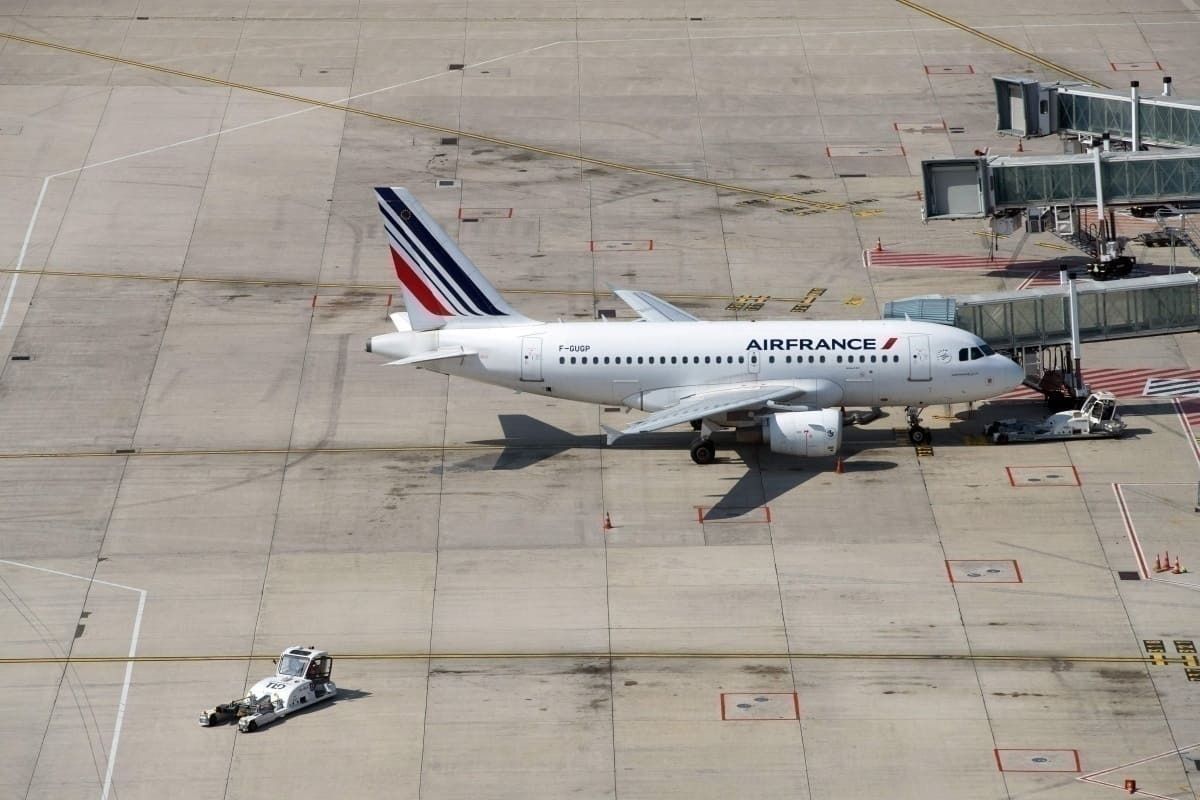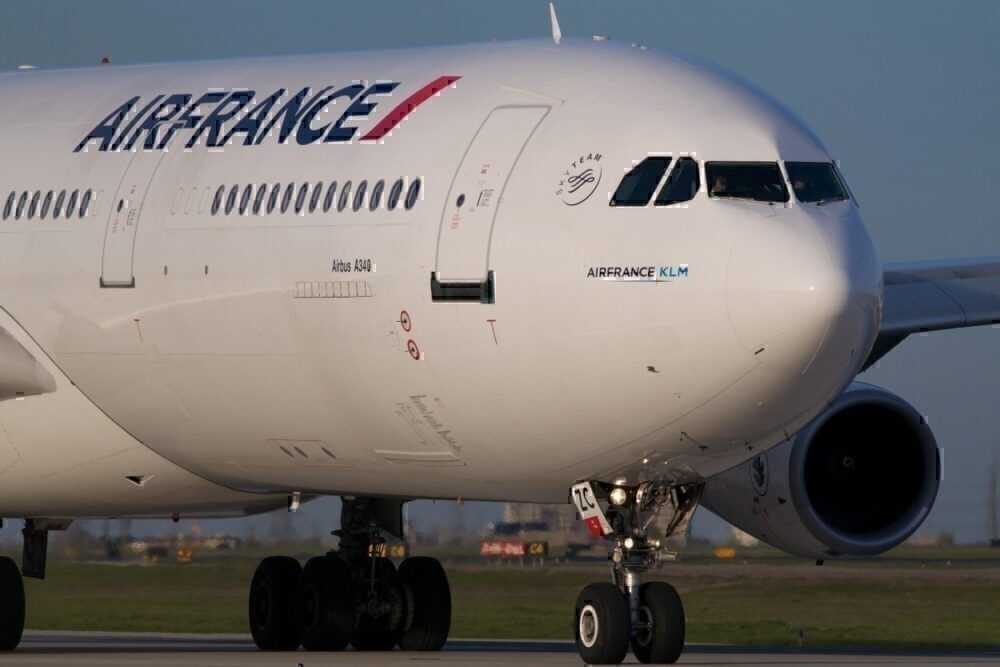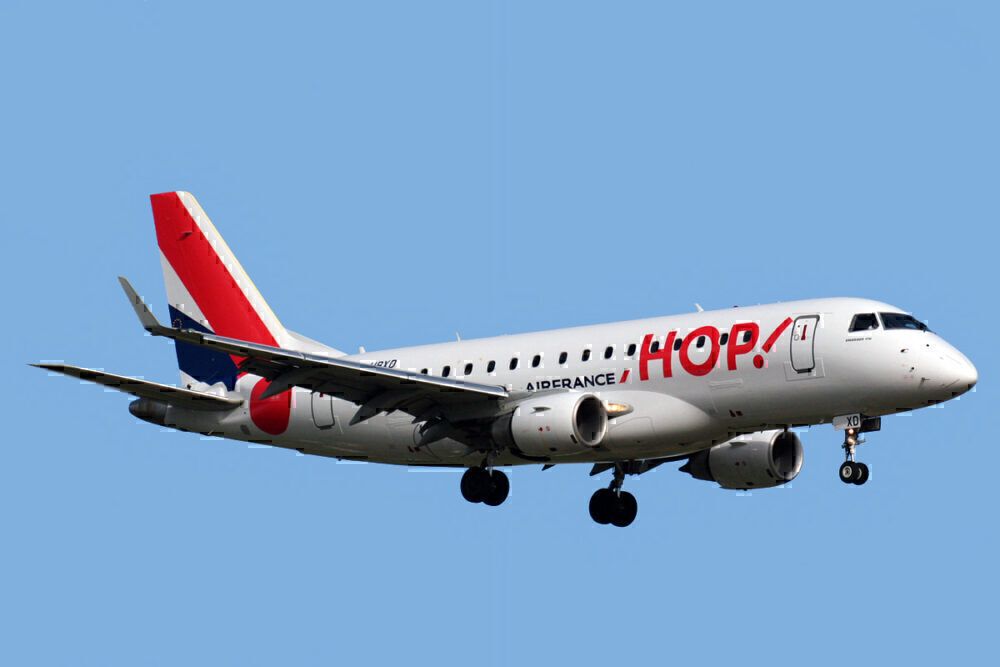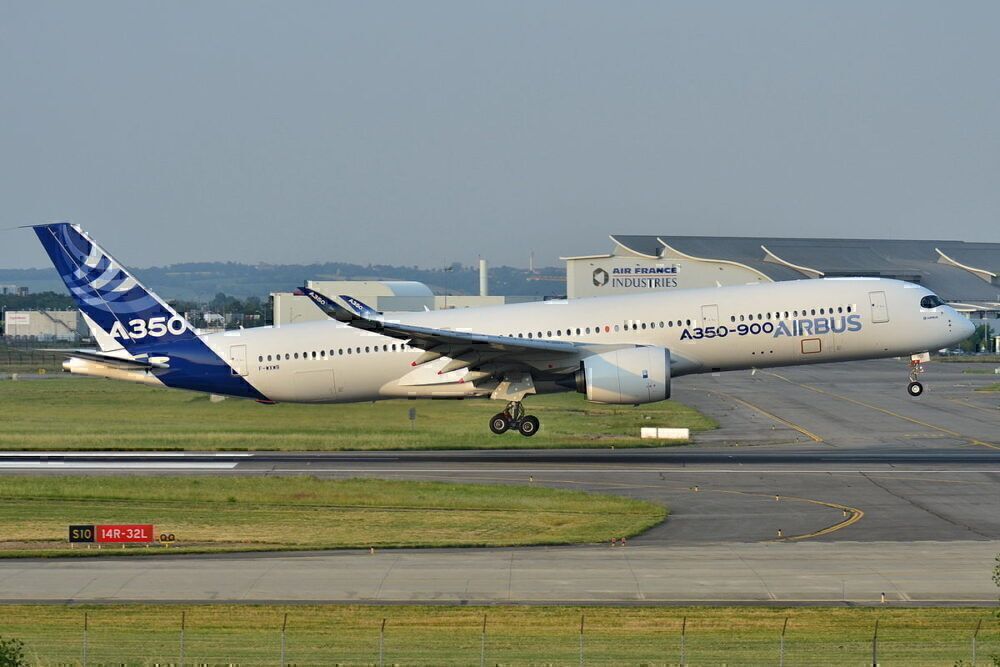**UPDATE: 30/40/2020 @ 12:00 UTC - Comment added from Air France to Simple Flying.**
On 24th April, Air France-KLM managed to secure vital funding to help it through the coronavirus pandemic. Of that funding, Air France will receive €7bn ($7.6bn); however, the terms of that aid are now being discussed. Not only will the airline need to improve its profits, but it will also be bound by environmental constraints, which could see the loss of some short domestic routes.
€7bn granted to Air France
On 24th April, Air France received the news that it had been long waiting for: a bailout. French and Dutch governments convened last week to announce the package of which Air France will receive €7bn (US$7.6bn). The loan is made of €4bn in state-backed funding granted by six banks, both French and international. The remaining €3bn comes from an agency that manages the state holdings in France, Agence des participations de l'État.
This funding is no doubt a lifeline to Air France, and it's the kind of support that it needs if the carrier is to make it through the coronavirus crisis.
That said, there is a lot that needs to be done before the money is doled out. The airline was reminded on 29th April by French Economy and Finance Minister Bruno Le Maire that the aid was not a free handout. Instead, the airline will be expected to make some changes to prove its profitability and commitment to the environment.
In an Air France-KLM press release, the Group had this to say:
"The transformation plan, which will be finalized in the coming months, will include economic, financial, and environmental commitments. It will notably involve a review of Air France's activities looking to adapt them to the new market reality brought about by the crisis, and will have to strengthen its financial situation. This transformation will also contain an ambitious environmental roadmap to accelerate the Group's sustainable transition."
What are the environmental terms?
As part of the deal, Air France will be expected to slash its CO2 emissions in half in various forms. Firstly, the airline will improve on its 2005 carbon emissions but producing just half the volume of CO2 per km and per passenger in the next 10 years. Also, emissions from domestic flights within France will need to be cut by 50% by 2024.
While these plans are certainly ambitious, they do come with real-world consequences. For one, reducing domestic emissions will have to be done by phasing out some domestic routes. Mr Le Maire says that any domestic train journey shorter than two and a half hours should not be operated by a domestic flight too. Instead, these routes ought to be replaced by rail journeys.
As a consequence, Air France could see its services within France severed, and this could have a severe impact on regional carrier HOP! It operates over 140 mostly domestic routes. However, for the regional arm of Air France, there is some hope. Exceptions will have to be made for short-haul connecting flights in France. These are not expected to be subject to such drastic cuts.
What will be the impact?
Cutting domestic routes alone will not give the government the commitment is seeks from Air France. The other condition of the bailout is to prove that the airline is still profitable. For continuing services, Air France will need to invest in a modernized fleet.
Yesterday, Minister Le Maire eschewed confusion over the airline's loyalties. According to Reuters, Le Maire told LCI Television that Air France would be a "good customer for Airbus." That's already the case. Air France already operates eight types of Airbus aircraft and just two Boeing models: the 777 and 787. Air France-KLM also placed an order for an additional 10 Airbus A350 aircraft back in December 2019. Air France already owns four A350-900, which it began receiving in September 2019. Which models will the airline invest in next?
Air France told us that it was looking at the Airbus A220. A spokesperson informed Simple Flying:
"Air France has set itself the objective of reducing its CO2 emissions by 50% on its domestic flights departing from Orly and on interregional services by 2024 as part of its commitments made to the French government. This target will be achieved by renewing the fleet with Airbus A220s, the gradual use of sustainable biofuels thanks to the system set up by the government, as well as by adapting its network when efficient alternatives are available with the equivalent train journey taking less than 2hr30."
Even with the fleet renewal, Air France will also need to commit to investing in sustainable fuel. From 2025, 2% of its fuel will need to be a clean fossil fuel substitute.
It is hoped that all of this effort will drive Air France to become the most environmentally friendly airline in the world!
The Air France spokesperson continued:
"This summer, Air France will present a roadmap for its domestic network, taking into account the environmental challenges, but also the need to turn this activity around economically, given that it posted €200M in losses in 2019."
With any hope, Air France's environmental commitment will work alongside its income to also help it achieve financial prosperity despite the scale back of its domestic operation.
Should airlines reduce their domestic capacity for the sake of the environment? Do you foresee this financial package supporting Air France for years to come? Have your say in the comments.




